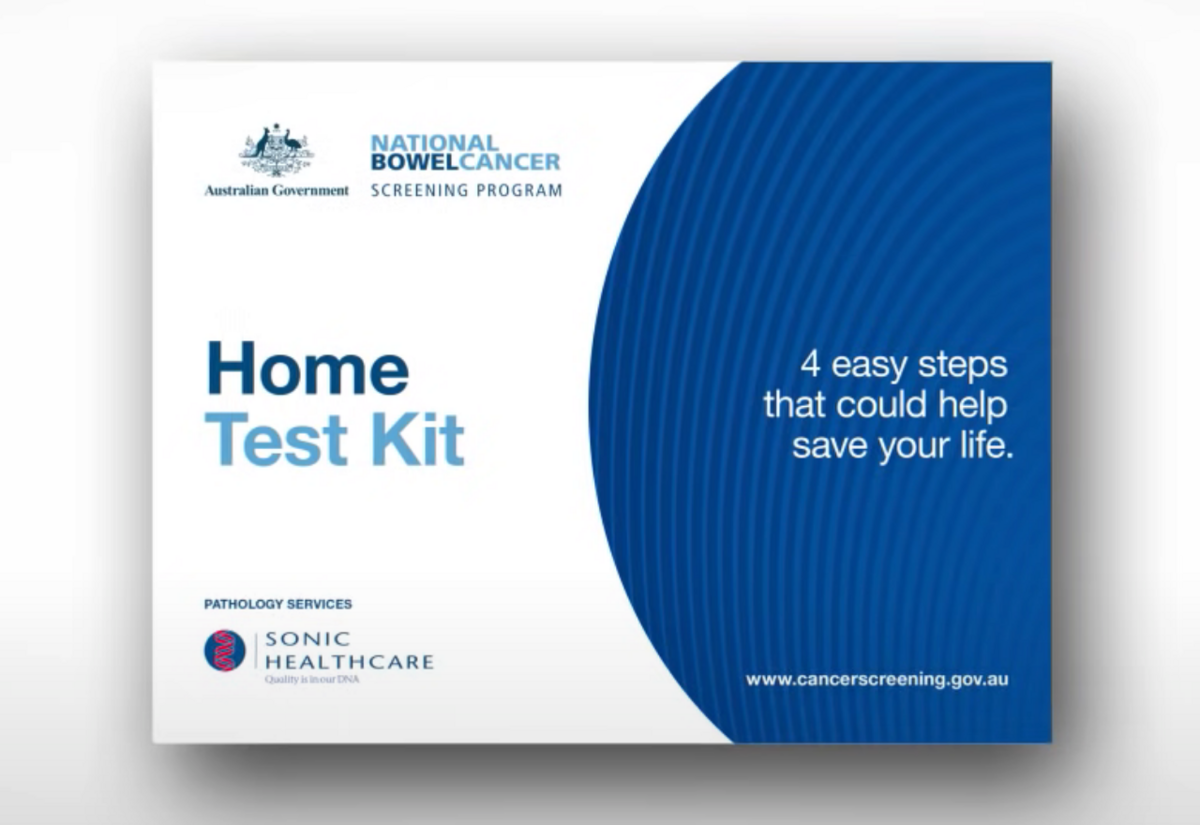More Australians are undertaking bowel cancer screening
14 June 2025, 8:02 PM

The National Bowel Cancer Screening Program (NBCSP) began in 2006 with the aim of reducing the morbidity and mortality from bowel cancer in Australia.
The program's Monitoring Report 2025 was released on Friday by the Australian Institute of Health and Welfare. It showed that participation rates among people invited to screen in the National Bowel Cancer Screening Program (NBCSP) have increased from 40% to 41.7% between 2021–2022 and 2022–2023.
The NBCSP, which began in 2006, aims to reduce deaths from bowel cancer by detecting early signs of the disease and actively screening the target population (aged 50–74). For the first time, NBCSP records have been matched to national cancer diagnosis data (to 2020 only). The result of this is that bowel cancer diagnoses related to NBCSP participation in 2019 and earlier are now much more complete.
It was estimated that about 7,265 people aged 50–74 were diagnosed with bowel cancer in 2024. The estimated rate of bowel cancer incidence has decreased from 98 to 96 cases per 100,000 people between 2023 and 2024. The mortality rate has also decreased from 24 to 23 deaths per 100,000 people in the same period.
Overall, 6.3 million people were invited to participate in the screening program between January 2022 and December 2023, with 2.6 million (41.7%) participating.
The re-participation rate for those who took part in their previous invitation round and received a subsequent screening invitation was 83.0%. For those who had ever previously participated, the re-participation rate was 73.4%.
Of those who participated in 2023, 86,089 (6%) returned a positive screening result, warranting further assessment.
Screening participants who identified as Aboriginal and Torres Strait Islander (First Nations) people, those who lived in very remote areas and those who lived in low socioeconomic areas all had higher rates of positive screens. However, they had lower rates of follow-up diagnostic assessment and a longer median time between a positive screen and assessment.
The NBCSP is managed by the Department of Health, Disability and Ageing and delivered through the National Cancer Screening Register (NCSR, November 2019 to present) with support from state and territory governments.
Bowel cancer was estimated to be the second leading cause of cancer death in 2024. Fortunately, screening and early detection can play a vital role in reducing bowel cancer incidence and mortality.
Since its introduction, the NBCSP has detected a total of 16,809 bowel cancers. Previous AIHW studies have shown that NBCSP invitees who were diagnosed with bowel cancer had a lower risk of dying from the disease and were more likely to have less advanced bowel cancers when diagnosed.
For more information about the NBCSP, including bowel cancer screening rates in Australia, read the report in full.

